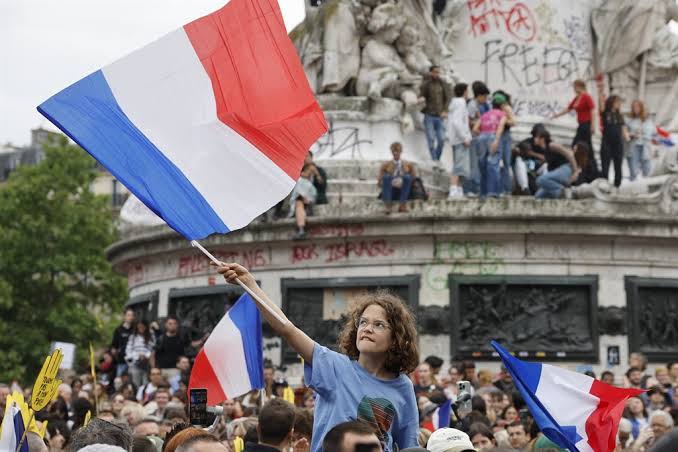
On Thursday, February 20, President Emmanuel Macron convened a meeting with several leaders from various political parties and parliamentary groups to discuss the ongoing situation in Ukraine. This meeting comes as Donald Trump plans to initiate peace negotiations with Vladimir Putin, effectively excluding Ukrainian President Volodymyr Zelensky—whom Trump controversially labeled a “dictator”—and Europe at large. Upon exiting the Elysée Palace, the attending political figures emphasized the importance of France asserting its position in the evolving global context. Nonetheless, they expressed differing opinions regarding the message to be communicated and the possibility of sending troops to Ukraine.
In light of the global turmoil, which has intensified since Trump’s election in the United States, French politicians seem paralyzed and disconnected. On Friday, February 14, during an event in Munich, U.S. Vice President JD Vance questioned the transatlantic alliance and criticized European liberal democracies for allegedly suppressing “freedom of expression.” His vehement remarks included support for Germany’s far-right ahead of the elections on February 23. German Defense Minister Boris Pistorius described the speech as “unbearable,” yet it received minimal attention in Paris, despite its serious implications and the significant shift in perspective it represented.



